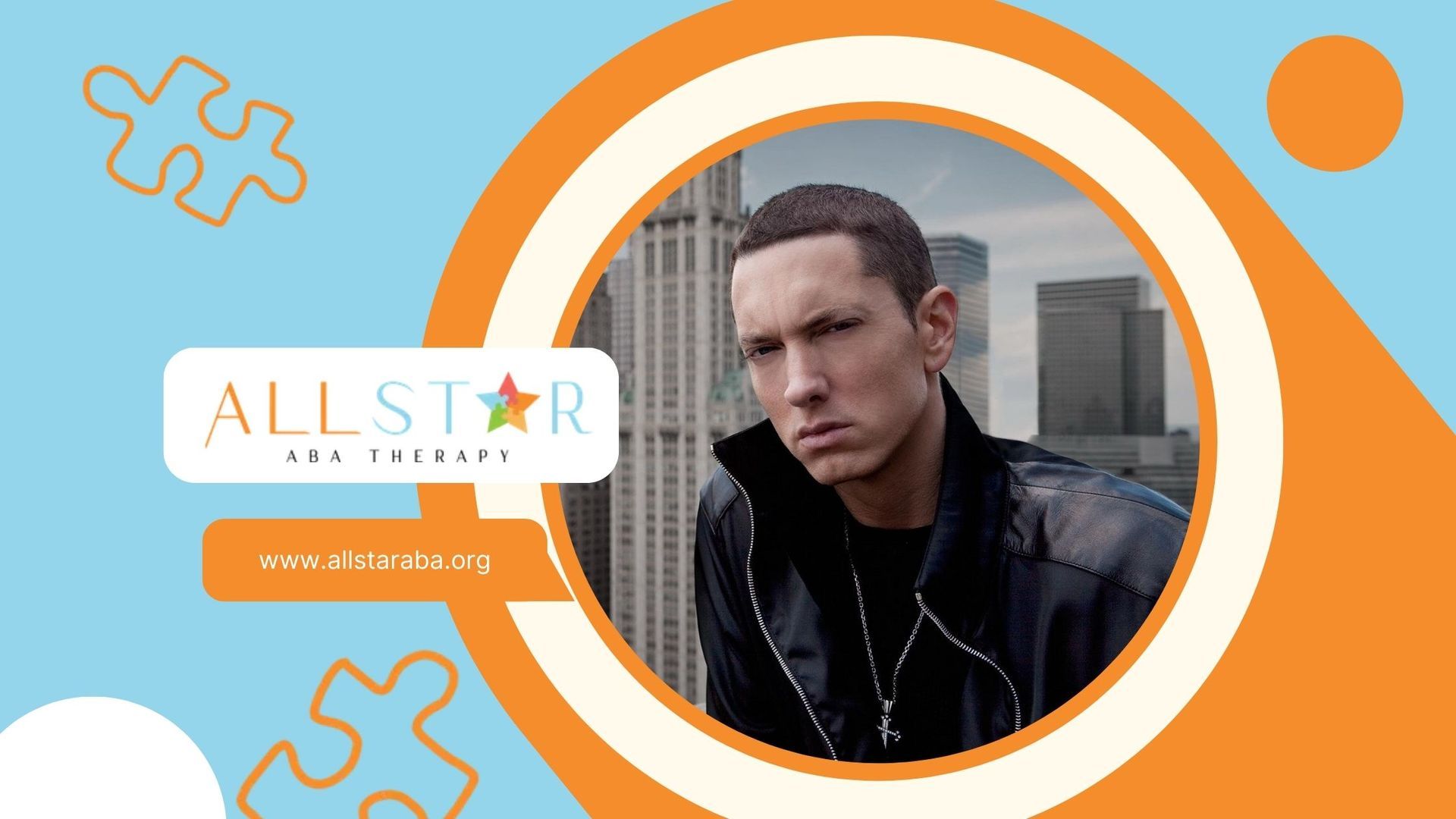New Paragraph
Is Mark Zuckerberg Autistic? Exploring the Speculation
Mark Zuckerberg, the co-founder and CEO of Meta (formerly Facebook), is one of the most influential figures in the tech world. His accomplishments have sparked immense public interest, leading to speculation about various aspects of his personal life, including whether he might be on the autism spectrum.
While there is no public diagnosis, the question of "Is Mark Zuckerberg autistic?" has been a topic of discussion among both fans and critics. This article explores the origins of this speculation, the characteristics often associated with autism, and the broader implications of such public discourse.
The Origins of the Speculation
The speculation about Mark Zuckerberg possibly being autistic largely stems from his public persona and behavior. Zuckerberg is known for his intense focus, methodical approach to problem-solving, and sometimes awkward social interactions.
These traits, while not definitive indicators of autism, are often associated with the condition, leading some to wonder whether he might be on the spectrum.
Public Perception and Media Representation
Public figures like Zuckerberg are often subject to scrutiny, and their behaviors are analyzed in ways that can lead to oversimplified conclusions. For instance, his monotone speaking style and direct, sometimes blunt communication have been interpreted by some as signs of autism.
Additionally, movies like The Social Network have portrayed Zuckerberg in a way that emphasizes these traits, further fueling the speculation.
Understanding Autism and Its Spectrum
Autism Spectrum Disorder (ASD) is a complex developmental condition that affects communication, behavior, and social interaction. The spectrum is broad, meaning that individuals with autism can exhibit a wide range of abilities and challenges. Some common characteristics include:
- Social Communication Difficulties: Individuals with autism may struggle with understanding social cues, maintaining eye contact, or engaging in typical back-and-forth conversations.
- Repetitive Behaviors: Many people with autism exhibit repetitive behaviors or have specific routines they adhere to.
- Intense Focus on Interests: People with autism often have deep, intense interests in particular subjects, sometimes to the exclusion of other activities.
It’s important to note that having some traits associated with autism does not necessarily mean a person is autistic. Autism is diagnosed based on a comprehensive evaluation by a qualified professional, considering a range of factors and symptoms over time.
Is Mark Zuckerberg Autistic? What We Know
As of now, there is no public evidence or statement from Zuckerberg or his family suggesting that he has been diagnosed with autism. While his behavior and traits may align with some aspects of autism, this alone is not sufficient to draw a conclusion.
Speculating about someone's neurodiversity without a formal diagnosis can be problematic and may perpetuate misunderstandings about autism.
The Impact of Public Speculation on Autism Awareness
The discussion around whether public figures like Mark Zuckerberg are autistic can have both positive and negative impacts on autism awareness. On the positive side, it can help bring attention to the diversity of experiences within the autism spectrum and challenge stereotypes about what it means to be autistic.
However, it can also lead to harmful assumptions and stigmatization if not approached with care and accuracy.
Positive Impacts
- Increased Awareness: Public speculation can lead to more people learning about autism and its characteristics, potentially increasing empathy and understanding.
- Challenging Stereotypes: If someone as successful as Zuckerberg were openly autistic, it could challenge the often limiting perceptions of what individuals with autism can achieve.
Negative Impacts
- Harmful Stereotypes: Speculating about someone’s autism based on limited public behavior can reinforce stereotypes and misunderstandings about the condition.
- Invasion of Privacy: Public figures, like anyone else, deserve privacy, especially regarding their health. Speculation about their neurodiversity can be invasive and disrespectful.
The Importance of Understanding Neurodiversity
Neurodiversity is the concept that neurological differences, such as autism, ADHD, and dyslexia, are natural variations of the human brain. Embracing neurodiversity means recognizing that these differences are not deficits but part of the diversity of human experience.
Whether or not Mark Zuckerberg is autistic, the conversation should focus on increasing understanding and acceptance of neurodiversity in all its forms.
Conclusion
The question of whether Mark Zuckerberg is autistic remains unanswered and, ultimately, may not be as important as the broader discussion it prompts about autism and neurodiversity. Speculation about a public figure’s neurodiversity can be both enlightening and harmful, depending on how it is handled. Most importantly, conversations about autism lead to greater awareness, understanding, and acceptance.
At All Star ABA, we are dedicated to supporting individuals with autism and their families through personalized, evidence-based therapy. Whether you’re seeking to understand more about autism or looking for support services, we’re here to help. Contact All Star ABA today to learn more about how we can assist you.
FAQs
Is there any evidence that Mark Zuckerberg is autistic?
There is no public evidence or statement confirming that Mark Zuckerberg is autistic. The speculation is based on observations of his behavior, but this is not sufficient for a diagnosis.
What are some traits of autism that people associate with Mark Zuckerberg?
Traits like intense focus, direct communication, and difficulty with social cues are sometimes associated with autism and have been observed in Zuckerberg. However, these traits alone do not confirm autism.
Why is it important to avoid speculating about someone’s autism?
Speculation without evidence can reinforce stereotypes and invade a person’s privacy. It’s important to approach such discussions with care and respect.
Need Support?
We're Here to Help!
Our experienced team is ready to assist you. Reach out today to discuss how we can support your child's development and well-being.
Get started with expert ABA therapy today.
Related posts

All Star ABA delivers the gold standard of care, Applied Behavioral Analysis (ABA) therapy, for individuals diagnosed with ASD, from infancy to age 21.
Quick Links
All Rights Reserved | All Star ABA







